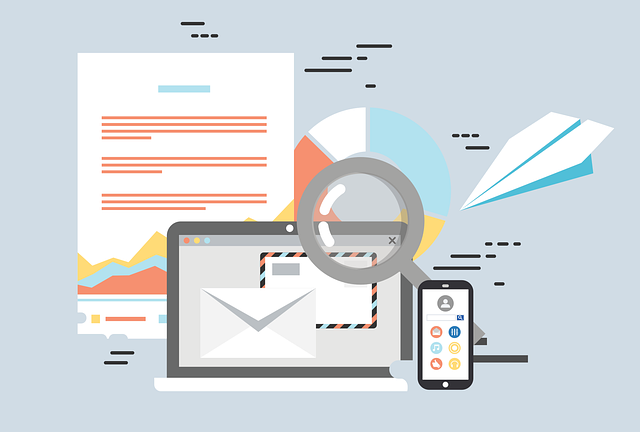Integrating AI tools into car repair shops offers substantial efficiency gains and operational optimization through predictive diagnostics, automated inventory management, enhanced customer service with AI-powered chatbots, and standardized, precise repairs. These technologies streamline workflows, reduce wait times, improve productivity, and foster customer loyalty by providing time-saving recommendations, minimizing errors, and offering quick support.
In today’s digital era, car repair shops are exploring AI growth strategies to streamline automotive repair workflows. Integrating AI tools empowers efficient car repair management, enhancing diagnostic precision through machine learning algorithms. Optimizing service scheduling and improving customer experience is also within reach. This article delves into these transformative strategies, offering actionable insights on how AI can revolutionize the traditional automotive repair process, from diagnosis to delivery.
- Integrating AI Tools for Efficient Car Repair Management
- Enhancing Diagnostic Precision with Machine Learning
- Optimizing Service Scheduling and Customer Experience
Integrating AI Tools for Efficient Car Repair Management

Integrating AI tools into car repair shop management offers a promising path to enhance efficiency and optimize operations. These advanced technologies can streamline various aspects of automotive repair workflows, from initial diagnostics to inventory management. By leveraging machine learning algorithms, AI systems can analyze vast amounts of vehicle data to identify patterns, predict common issues, and provide accurate, time-saving recommendations for technicians.
For example, AI-powered diagnostic tools can quickly scan vehicles for faults using sensor data and visual inspections, reducing the time spent on manual troubleshooting. Additionally, natural language processing (NLP) chatbots can handle customer inquiries, schedule appointments, and even offer preliminary repair estimates, improving overall customer service. AI tools also excel in inventory management by automatically tracking parts usage, optimizing reordering processes, and ensuring that essential spare parts are always available when needed.
Enhancing Diagnostic Precision with Machine Learning

Car repair shops can leverage AI tools to significantly enhance diagnostic precision, one of the key aspects in streamlining automotive repair workflows. Machine learning algorithms can analyze vast amounts of vehicle data, from sensor readings to historical repair records, to identify patterns and predict potential issues before they occur. This proactive approach allows technicians to perform more accurate diagnostics, leading to faster and more effective repairs.
By integrating AI into their operations, repair shops can minimize false positives and negative outcomes, saving time and resources. Moreover, these AI tools can help in standardizing the diagnostic process, ensuring consistency across different locations and personnel. This standardization contributes to improved quality control and customer satisfaction, as issues are identified and resolved more efficiently.
Optimizing Service Scheduling and Customer Experience

Car repair shops can leverage AI tools to significantly optimize service scheduling and enhance the customer experience. By implementing AI algorithms, these businesses can streamline their workflow, reducing wait times and improving efficiency. Intelligent scheduling systems powered by AI can analyze historical data and predict maintenance needs, enabling proactive appointment booking. This ensures that customers receive timely services while allowing mechanics to plan their work more effectively.
Additionally, AI-driven chatbots and virtual assistants can handle initial customer interactions, providing quick support and answering common queries. These tools can guide clients through the scheduling process, collect relevant vehicle details, and offer instant quotes. Such innovations not only free up staff time but also create a more convenient and engaging experience for customers, fostering a positive perception of the repair shop.
The integration of AI tools offers car repair shops a powerful means to streamline automotive repair workflows, enhance efficiency, and improve customer satisfaction. By leveraging machine learning algorithms for precise diagnostics and optimized scheduling, these shops can elevate their service offerings. Adopting AI strategies not only facilitates faster turnaround times but also empowers businesses to make data-driven decisions, ultimately gaining a competitive edge in the market. Embracing these advancements is key to staying ahead in the evolving automotive industry.
